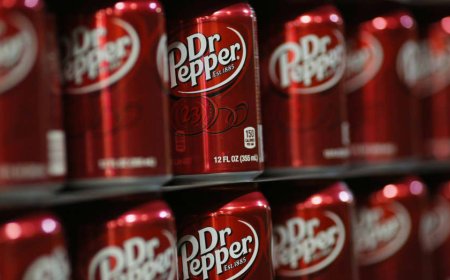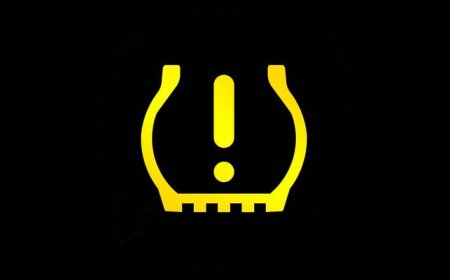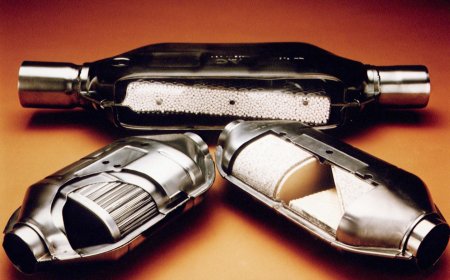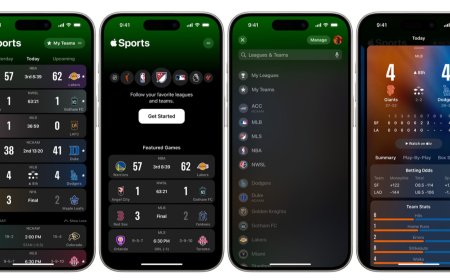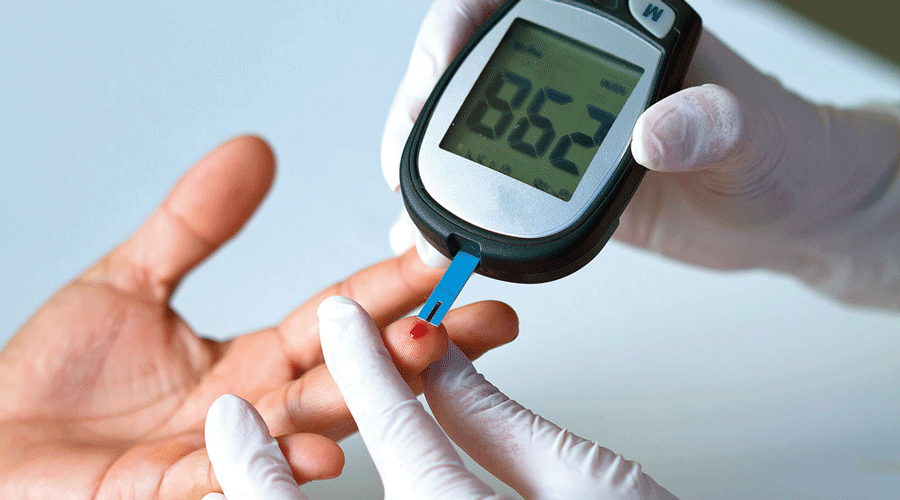The Hidden Dangers of Drinking Too Much Soda
Learn about the serious health risks associated with consuming excessive amounts of soda. Discover the impact it can have on your body and why it's important to reduce your intake of this popular beverage.

The Hidden Dangers of Drinking Too Much Soda
Drinking too much soda can have several negative effects on your health. Here are some signs that you may be drinking too much soda:
-
Weight gain: Soda is often high in sugar and calories, which can contribute to weight gain and obesity. Drinking just one can of soda per day can add up to an extra 15 pounds of weight gain in a year, according to some studies. Regularly consuming sugary drinks like soda can also lead to insulin resistance, a condition that can increase your risk of obesity, type 2 diabetes, and other health problems.
-
Increased risk of type 2 diabetes: Consuming sugary drinks like soda has been linked to an increased risk of type 2 diabetes. This is because the high sugar content in soda can cause a spike in blood sugar levels, leading to insulin resistance over time. Insulin resistance occurs when your body is no longer able to effectively use insulin to regulate blood sugar levels, which can lead to diabetes.
-
Tooth decay: The sugar in soda can interact with bacteria in your mouth to produce acid, which can erode tooth enamel and lead to tooth decay and cavities. Drinking soda regularly can also contribute to the formation of plaque on your teeth, which can further increase your risk of tooth decay.
-
Dehydration: Soda can be dehydrating, especially if consumed in large amounts. This is because soda often contains caffeine, which is a diuretic that can cause your body to lose water. In addition, the high sugar content in soda can also contribute to dehydration by drawing water from your body's tissues.
-
Increased risk of heart disease: Drinking too much soda has been linked to an increased risk of heart disease, including high blood pressure and high cholesterol levels. This is because the high sugar content in soda can contribute to inflammation and damage to your blood vessels, which can lead to cardiovascular problems over time.
-
Digestive problems: Consuming too much soda can lead to digestive problems such as bloating, gas, and constipation. This is because the high sugar content in soda can interfere with your body's ability to absorb water, which can lead to digestive issues.
It is important to consume soda in moderation and to balance it with a healthy diet and regular exercise. Drinking water or other healthier beverages like herbal tea, fruit-infused water, or low-sugar fruit juices can be a good alternative to soda. By making small changes to your diet and lifestyle, you can help improve your health and reduce your risk of developing health problems associated with consuming too much soda.
Drinking Soda vs Water
Discover the pros and cons of drinking soda and water, and which beverage is better for your overall health. Learn about the effects of each beverage on your body and how to make healthy beverage choices.Drinking soda and water can have very different impacts on your health. Here are some of the key differences between the two:
-
Calories: Soda is often high in calories, whereas water has no calories. Consuming too many calories can lead to weight gain and other health problems, so drinking water instead of soda can be a good way to help manage your weight.
-
Sugar content: Soda is often high in sugar, which can lead to a number of health problems including tooth decay, obesity, and type 2 diabetes. Water, on the other hand, contains no sugar, and is a much healthier option for hydration.
-
Hydration: Drinking water is essential for staying hydrated, which is important for many bodily functions including regulating body temperature, maintaining healthy skin, and keeping your organs functioning properly. Soda, on the other hand, can be dehydrating due to its high caffeine and sugar content.
-
Nutritional value: Water contains no nutrients, but it is an important component of a healthy diet. Soda, on the other hand, has no nutritional value and can actually interfere with your body's ability to absorb nutrients from other foods.
-
Cost: In most cases, water is much cheaper than soda. Drinking water can be an easy way to save money on your grocery bill while also improving your health.
Overall, drinking water is a much healthier option than drinking soda. It can help you stay hydrated, manage your weight, and reduce your risk of developing health problems associated with consuming too much sugar and calories. While it's okay to enjoy soda in moderation, drinking water should be your go-to beverage for optimal health and hydration.
What's Your Reaction?









